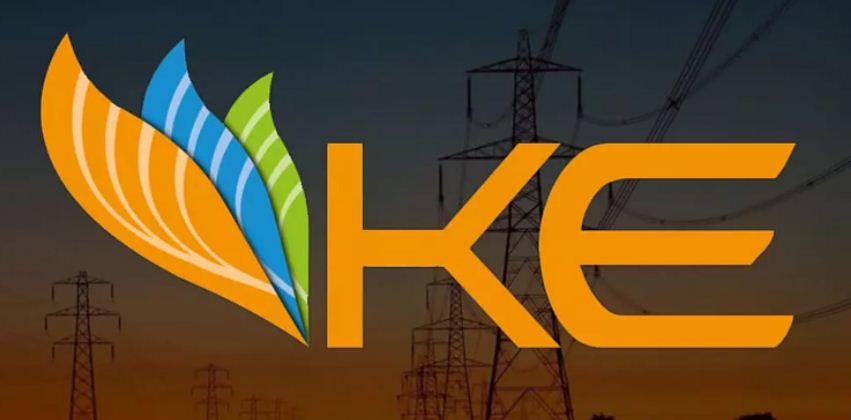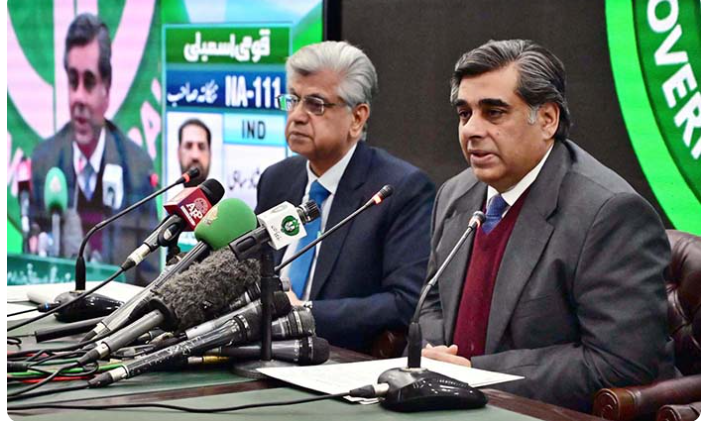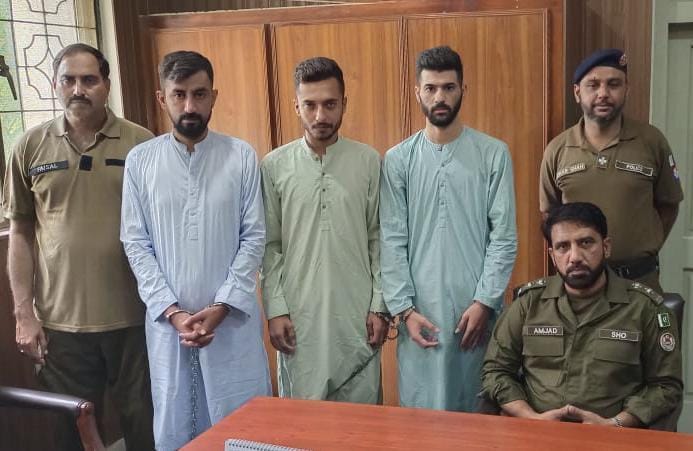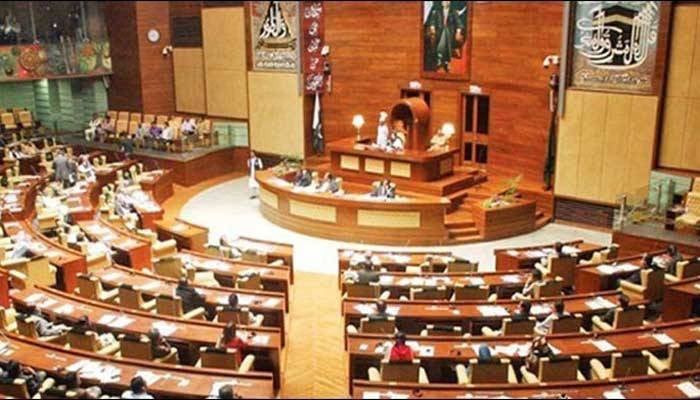Karachi Industrialists Strongly Oppose K-Electric’s Rs76 Billion Write-Off Claims
Courtesy: Daily The Nation (Fawad Yousafzai)
While strongly opposing K-Electric’s write-off claims of Rs76 billion, industrialists and representatives of Karachi’s business community have categorically announced that they will not pay a single penny in their electricity bills related to these surcharges.
The National Electric Power Regulatory Authority (NEPRA) also directed that a probe be conducted into the claims that K-Electric is still sending ‘bogus bills’ to consumers who defaulted as far back as 2005 and 2008. On Thursday, NEPRA conducted a public hearing on K-Electric’s additional Rs8.131 billion write-off claims.
K-Electric (KE) has filed additional write-off claims of Rs8.131 billion, pertaining to the billing under the Multi-Year Tariff (MYT) 2017-2023, in addition to the previously submitted Rs67.902 billion—raising the total claim to Rs76 billion. The hearing scrutinized KE’s rationale for the write-offs, its audit practices, and whether additional future claims were expected. “We’ve complied with all regulatory requirements and now seek NEPRA’s guidance,” said KE CEO Moonis Alvi, emphasizing that the latest request adds Rs8 billion to the Rs67 billion already submitted.
NEPRA raised concerns about the transparency of KE’s audit, which the utility stated was conducted by “the top-rated firm in Pakistan.” NEPRA Chairman questioned whether the audit was fully independent and free from external influence.
“There may still be additional claims,” KE officials admitted during the hearing, prompting further concern from the authority. KE also stated that the recovery loss from 2017-2023 amounted to Rs122.774 billion. NEPRA Member Rafiq Sheikh questioned whether consumers had been double-counted in the categorization of active, inactive, and scheme-based users, stressing that “audit transparency is the first assurance needed in such massive write-offs.”
Muhammad Aamir Ghaziani, KE’s Chief Financial Officer, explained that the company had implemented refined recovery methods post-privatization and cited improvements in transmission and distribution (T&D) performance, with losses reduced from 38% to 15.3%, in line with NEPRA’s benchmarks. Despite extensive recovery efforts, including disconnections and consumer awareness campaigns, KE said many dues remain uncollected due to socio-economic challenges in its service areas.
However, KE’s move to transfer the burden of its recovery losses onto consumers or the federal government was strongly rejected by Karachi’s business and political leadership. Interveners at the hearing accused KE of continuing to send “bogus bills” to defaulters from 2005 and 2008.
Jamaat-e-Islami leader Imran Shahid presented an electricity bill as proof, stating that a consumer defaulting in 2008 had received bills amounting to Rs290 million. Another intervener, Arif Balwani, supported these claims, noting that a consumer with just a 2kW load had been billed Rs40 million. “How can such a small consumer be charged such a hefty amount?” he asked, urging NEPRA to reject KE’s write-off claims.
Former Prime Minister Shahid Khaqan Abbasi also participated in the hearing on behalf of KE, stating that timely and fair decisions on write-off claims are crucial for progressing the privatization of DISCOs. He noted that unresolved write-offs strain KE’s financial position and impact investor confidence. However, stakeholders from Karachi criticized his involvement, with Balwani stating, “Shahid Khaqan hasn’t even read the MYT and is unaware of the ground realities. He is advocating for burdening the people of Karachi.”
Balwani added that KE’s claims of unrecoverable amounts have been increasing year after year since 2017. He also countered the narrative that KE receives no federal support, citing the Rs804 billion Tariff Differential Subsidy (TDS) granted due to KE’s high-cost power generation. “The government pays this subsidy to maintain uniform electricity prices nationwide,” he explained.
Rehan Javed of the Korangi Association of Trade and Industry (KATI) echoed concerns about fairness, questioning why KE consumers were paying the Power Holding Limited (PHL) surcharge despite KE’s non-involvement in circular debt. He warned of potential consumer protests, saying, “We, the business community of Karachi, have decided not to pay a penny in our electricity bills on account of KE’s write-off claims, no matter what.”
Another intervener questioned the nature of KE’s privatization agreement, pointing out that while KE collects profits, the burden of inefficiencies is passed on to the public. He claimed that while 99% of stakeholders opposed KE’s claims in the last hearing, KE had this time brought in voices supporting them—one of whom was cut off by NEPRA for veering off-topic.
An intervener also pointed out that the Rs76 billion write-off amount was nearly equal to the entire provincial budget of Balochistan.
NEPRA concluded the session by stating that the claims will undergo further examination and a determination will be issued following a complete review.




